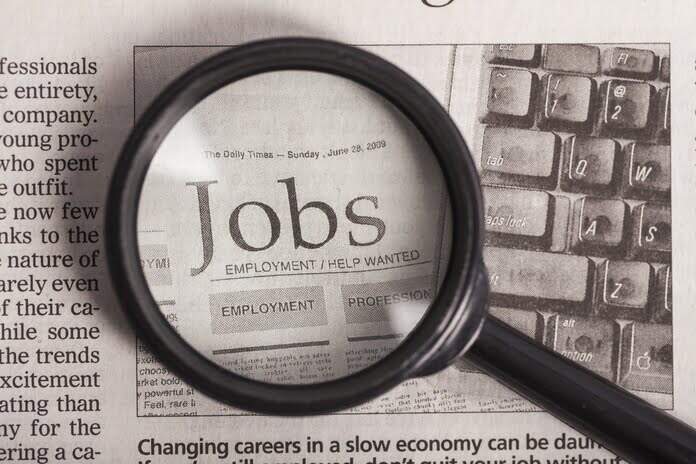Consumer confidence in the United States experienced a slight decline in June, reflecting concerns about the near-term economic outlook. The Conference Board reported that its consumer confidence index dropped to 100.4 from 101.3 in May, indicating a cautious sentiment among Americans.
Current Economic Conditions
Despite the overall decline, consumers’ assessment of current economic conditions improved slightly, with the index rising to 141.5 in June from 140.8 in May. This suggests that while consumers remain optimistic about the present, they are less confident about the future.
Short-Term Expectations
The measure of Americans’ short-term expectations for income, business, and the job market fell to 73 in June from 74.9 in May. A reading below 80 is often seen as a potential indicator of an impending recession.
Impact of Job Market and Spending Habits
The U.S. job market showed strength in May, with employers adding 272,000 jobs despite a slight increase in the unemployment rate to 4%. This growth was supported by increased consumer spending on travel, entertainment, and other services, as evidenced by near-record airport traffic over the Memorial Day weekend.
Economic Outlook and Concerns
While most economic indicators suggest a healthy economy, there are signs of slowing growth. The first quarter of the year saw a significant slowdown to a 1.3% annual pace, down from 3.4% in the previous quarter. Retail sales also saw a modest increase of 0.1% in May, indicating cautious spending habits due to high prices and interest rates.
Retail Response and Consumer Behavior
In response to more cautious consumer spending, some retailers are offering discounts to attract shoppers. Big retailers have reported quarterly earnings that indicate consumers are still spending but are more price-conscious and selective in their purchases.
Retail Trends
Amidst the evolving economic landscape, certain trends are becoming more prominent. One such trend is the impact of technological advancements on consumer behavior and retail strategies. The rise of e-commerce and digital platforms has revolutionized the way consumers shop, influencing their spending habits and expectations. Retailers are increasingly focusing on enhancing their online presence and offering personalized experiences to cater to these changing preferences.
Furthermore, sustainability and ethical consumption are becoming major considerations for consumers. They are more inclined to support brands that demonstrate a commitment to environmental and social responsibility. This shift is prompting retailers to rethink their sourcing and production practices, integrating sustainability into their business models.
Another significant development is the increasing importance of data analytics in retail decision-making. Retailers are leveraging data to gain insights into consumer preferences and behavior, enabling them to tailor their offerings and marketing strategies more effectively. This data-driven approach is not only enhancing the customer experience but also driving operational efficiencies and profitability.
Future Outlook and Economic Monitoring of Consumer Confidence
Despite the recent decline in consumer confidence, expectations of a recession in the next year have eased slightly. However, economic indicators, including job postings and unemployment benefits, suggest a need for continued monitoring of the labor market and overall economic conditions.



